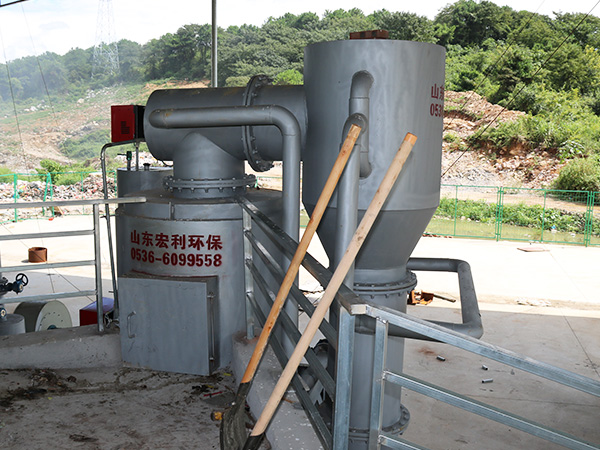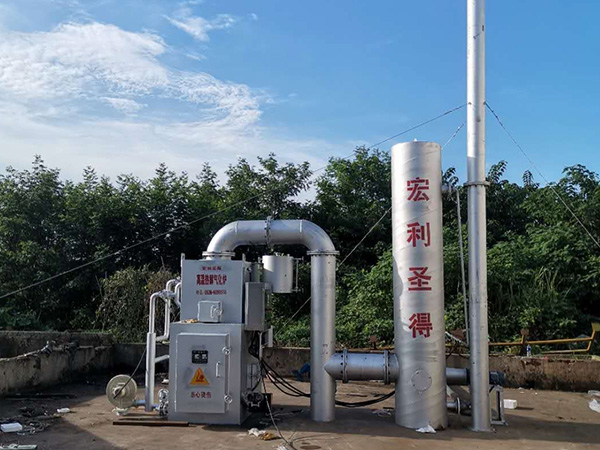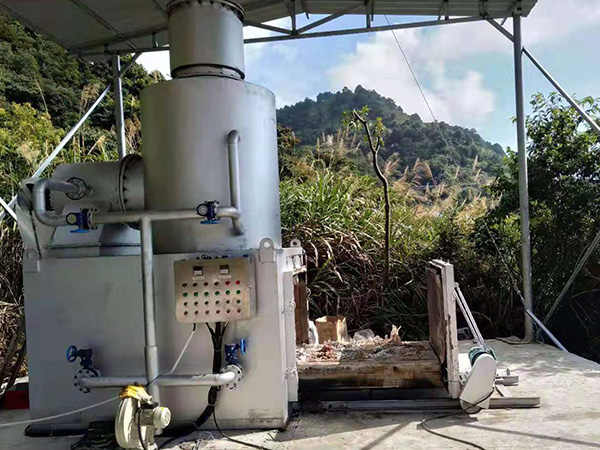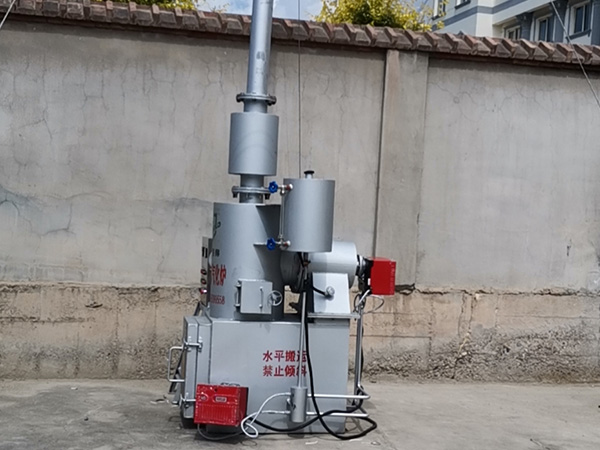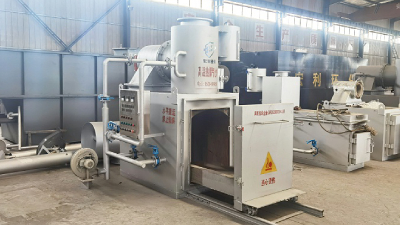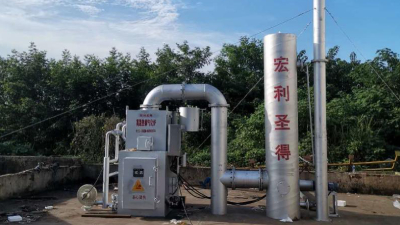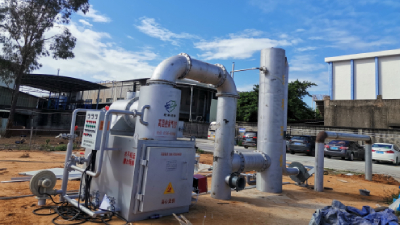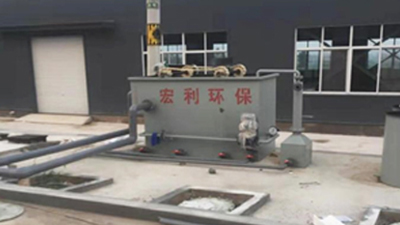Incineration and pyrolysis are two technologies in waste incineration treatment, and pyrolysis is considered to be a more promising treatment method. Next, follow
Holy Shield to see what the advantages of pyrolysis are.
Incineration is a comprehensive treatment process of solid waste pyrolysis and deep oxidation. The advantage is that a large number of harmful wastes are decomposed and turned into harmless substances. Due to the gradual increase in the proportion of combustibles in solid waste, it has become a necessary development trend to use incineration to treat solid waste and utilize its thermal energy. With this treatment method, solid waste occupies less land and has a large amount of treatment. Environment and incineration plants are mostly located in big cities with more than 100,000 people. The heat energy obtained from the incineration process can be used to generate electricity, and the heat produced by the incinerator can be used for heating the residents. For maintaining greenhouse room temperature, etc. Japan and Switzerland burn more than 65% of their municipal waste each year to regenerate energy. However, the incineration method also has shortcomings, such as large investment, secondary pollution caused by smoke exhaust during the incineration process, and serious equipment corrosion.
Pyrolysis is to heat organic matter at high temperature (1000℃-1200℃) under anoxic or anoxic conditions to decompose it into three types of products: gas, liquid and solid. Compared with incineration, pyrolysis is a more promising treatment. The most significant advantage of this method is that the capital investment is less, and the gas generated after pyrolysis can be used as fuel. The pyrolyzed gas can be used as fuel for secondary incineration to fully incinerate harmful gases and effectively curb the generation of harmful gases such as dioxins.

Holy Shield adopts waste pyrolysis gasification technology. The waste incinerators produced are mainly divided into four categories according to the type of waste processed: domestic waste incinerators, industrial waste incinerators, animal incinerators, and hospital waste incinerators. Welcome to purchase (
click here to submit a message).
